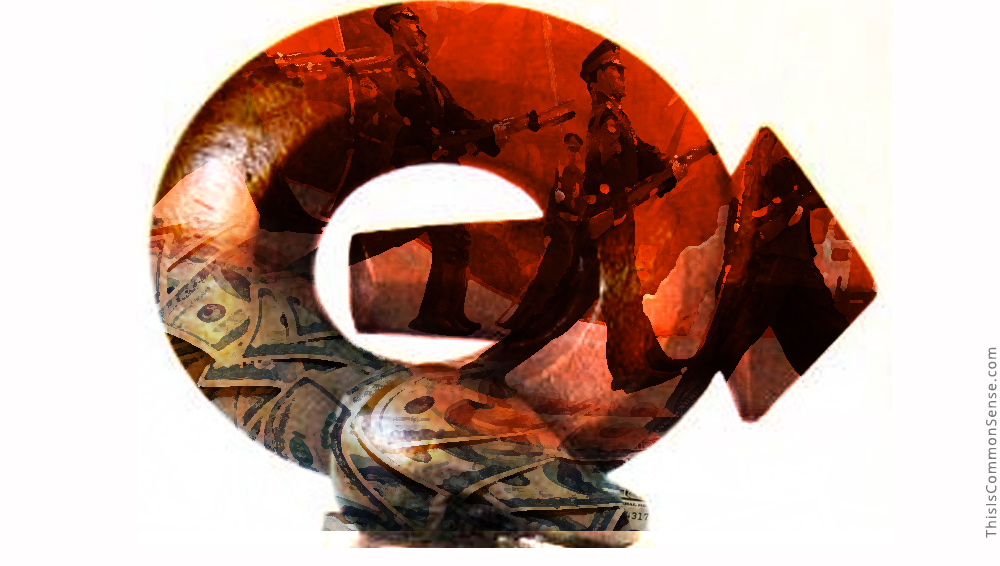Republicans are very reliable. When given our system’s “Mandate of Heaven” — majorities in both houses of Congress and the Presidency — they can be relied upon to do one thing: add debt by piling up huge deficits.
It happened under George W. Bush, and it is happening under Donald J. Trump: “The Trump administration expects annual budget deficits to rise nearly $100 billion more than previously forecast in each of the next three years,” the Wall Street Journal tells us, “pushing the federal deficit above $1 trillion starting next year.”
Republicans should ask themselves why. And while they ask themselves that, everyone else should ask the next question: why do politicians who say they want one thing so often deliver its opposite?
This is not a mere “right-wing” phenomenon. Leftists say they want “democratic socialism,” but, as Irving Kristol noted, at some point not far down their road to Utopia, “democratic socialists” must choose between democracy and socialism.* By promising everybody everything, too quickly everybody gets shanghaied into service to produce that “everything,” finding themselves conscripts in socialism’s army.
The equation of socialism with regimentation and general un-freedom has been clear for over a century, explained carefully by sociologists, economists and even politicians.* And yet, increasingly, today’s Democrats are embracing a philosophy with proven anti-democratic features.
Could some deep principle be at play?
Probably. It is built into the very nature of state governance, of politics itself. It may be why republics metamorphose into empires, conservatives go radical and liberals become serviles.
Which is why effective democracy requires limited government. To minimize that boomerang effect.
We might start by limiting spending.
This is Common Sense. I’m Paul Jacob.
* Herbert Spencer’s writings on socialism include The Man versus the State (1884) and Industrial Institutions (1896, Principles of Sociology, Vol. III, Part VIII); German politician Eugene Richter’s satire Pictures of the Socialist Future (1896) is well worth reading; and economist Yves Guyot preceded Ludwig von Mises’ classic Die Gemeinwirtschaft (1922, translated as Socialism: An Economic and Sociological Analysis, 1950) with several books, including The Tyranny of Socialism (1893) and Socialistic Fallacies (1910).


3 replies on “Ask the Next Question”
Of course there’s another principal at play here. The principal is nothing more than a group of greedy power hungry individuals wanting as much power and money as they can get without outraging the public so much as to vote them out of office. Did you expect different?
To ‘limit spending’, we need to lose the idea that having our budget rise with inflation isn’t a spending increase and that freezing dollar amounts at a specific level is not a spending cut. Easier said than done.
A consumer-based economy cannot thrive unless consumers have an income source. That means restricting outsourcing of jobs. If we insist on outsourcing jobs to low-wage countries, then we can outsource our global ‘responsibilities’ along with the jobs. Let those who reap the benefits pay more of the cost. It’s not 1945, anymore.
…“democratic socialists” must choose between democracy and socialism.
Are you using the word “democracy” to mean “rule of law”? Because in its original meaning, there is nothing incompatible between democracy and socialism, as long as 51% of the populace want the government to rob the other 49% so that the 51% don’t have to work.